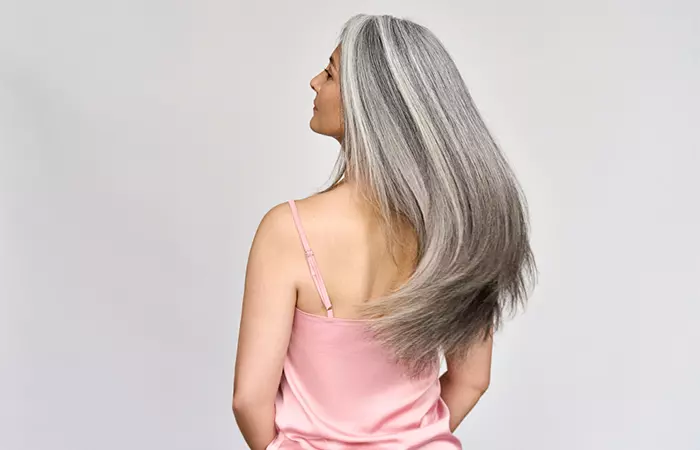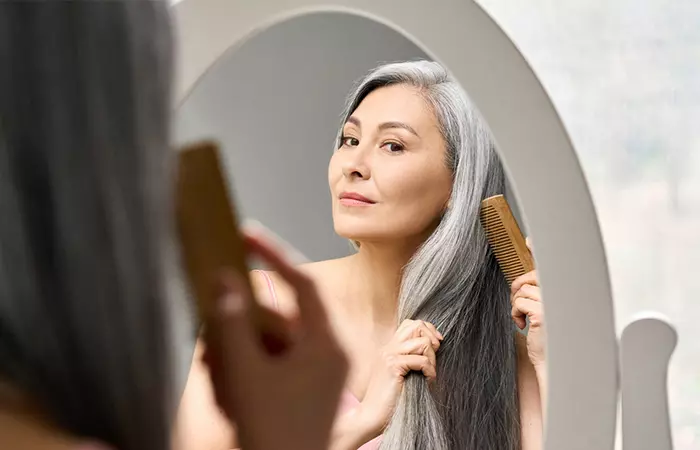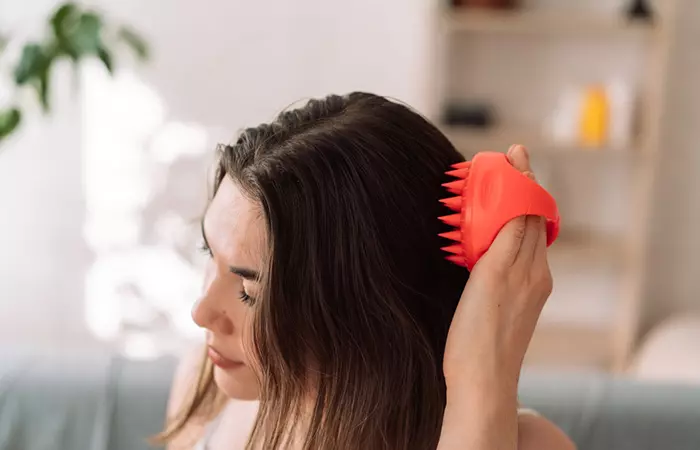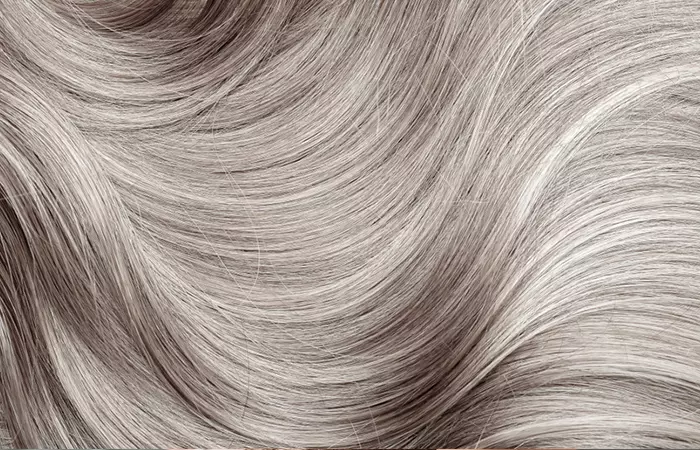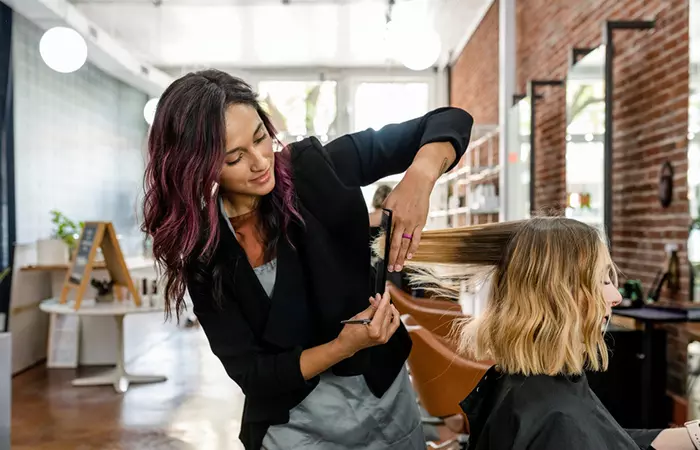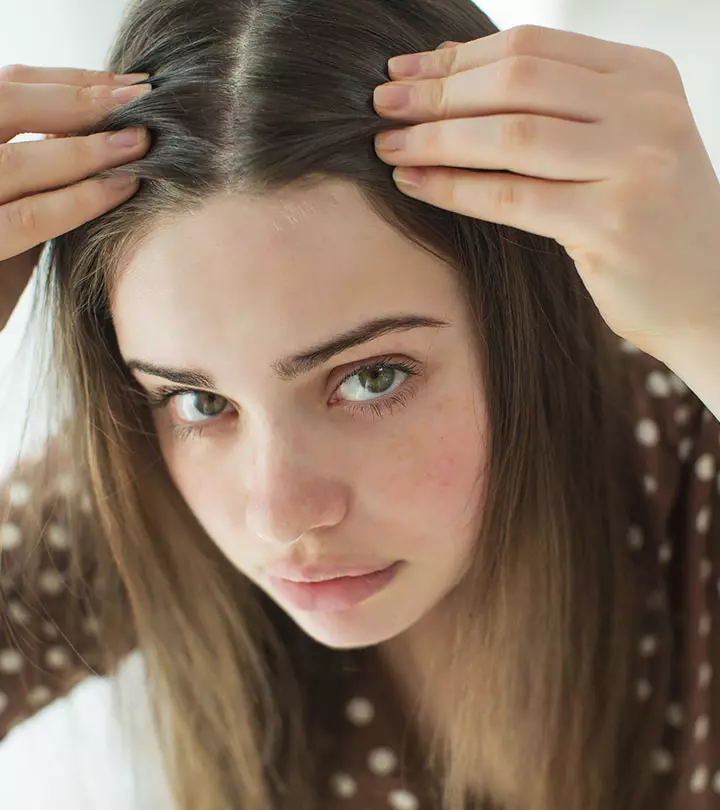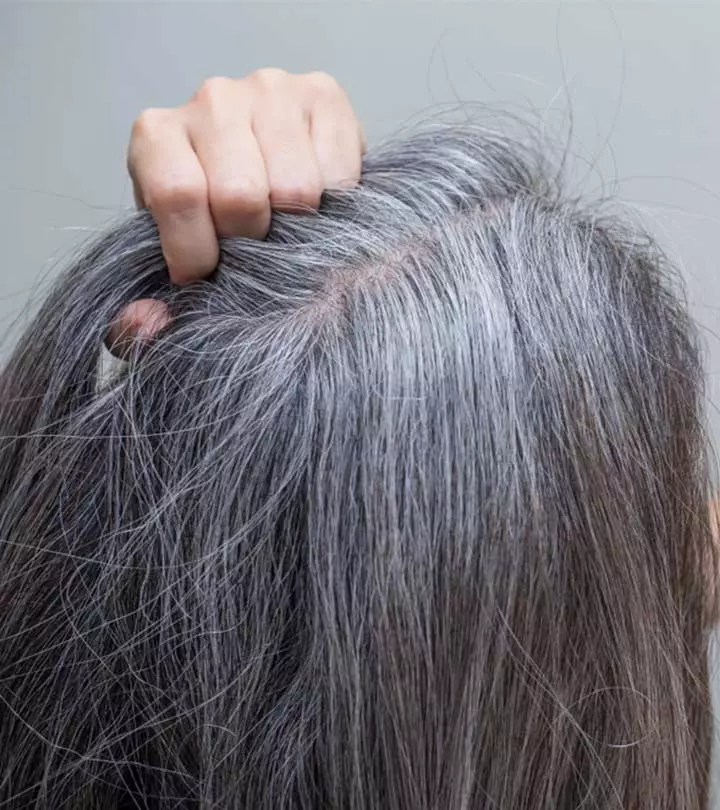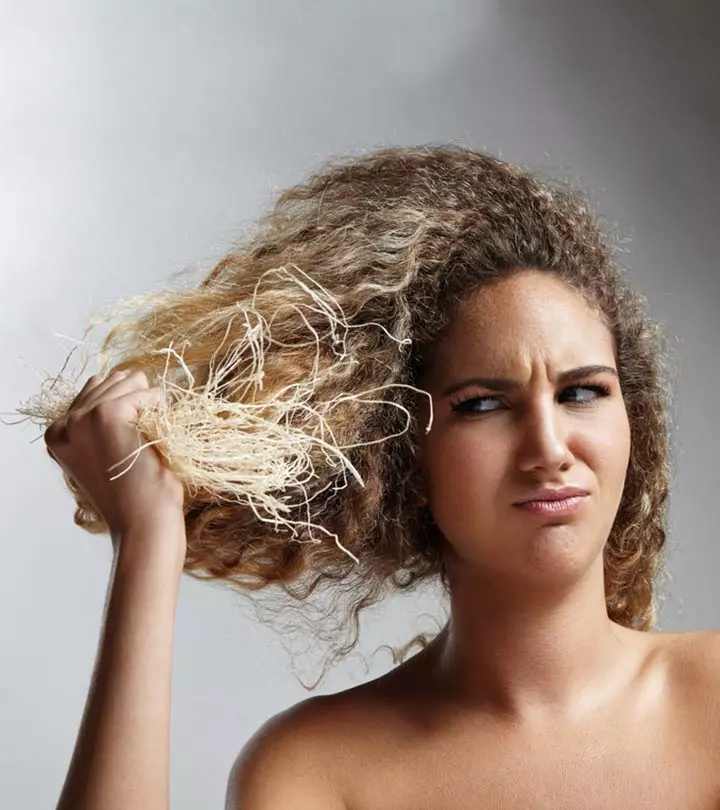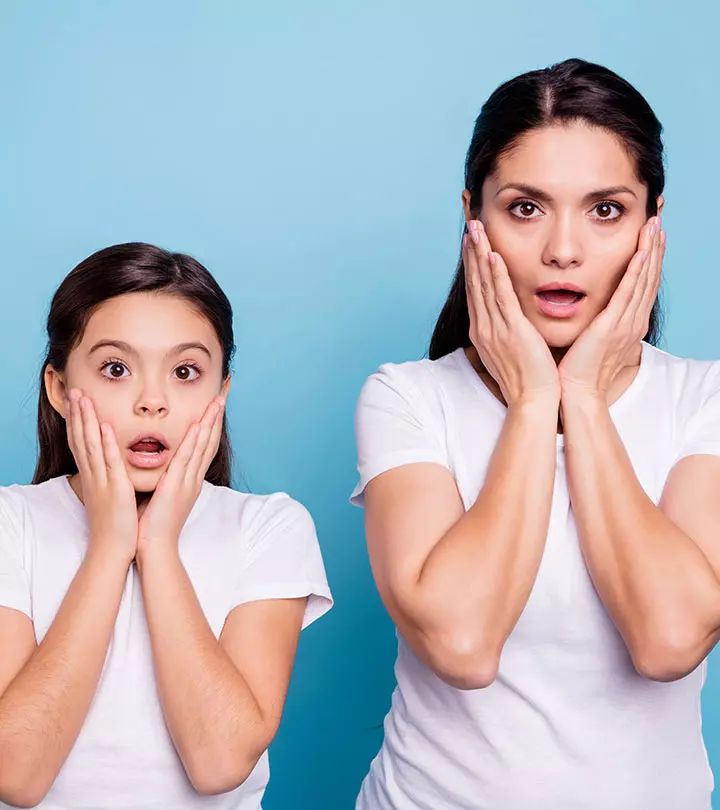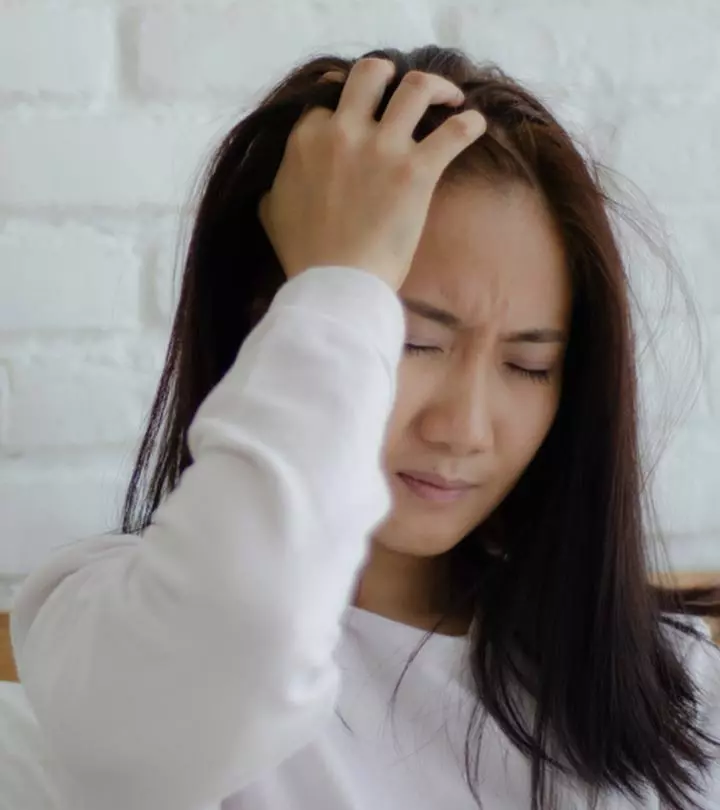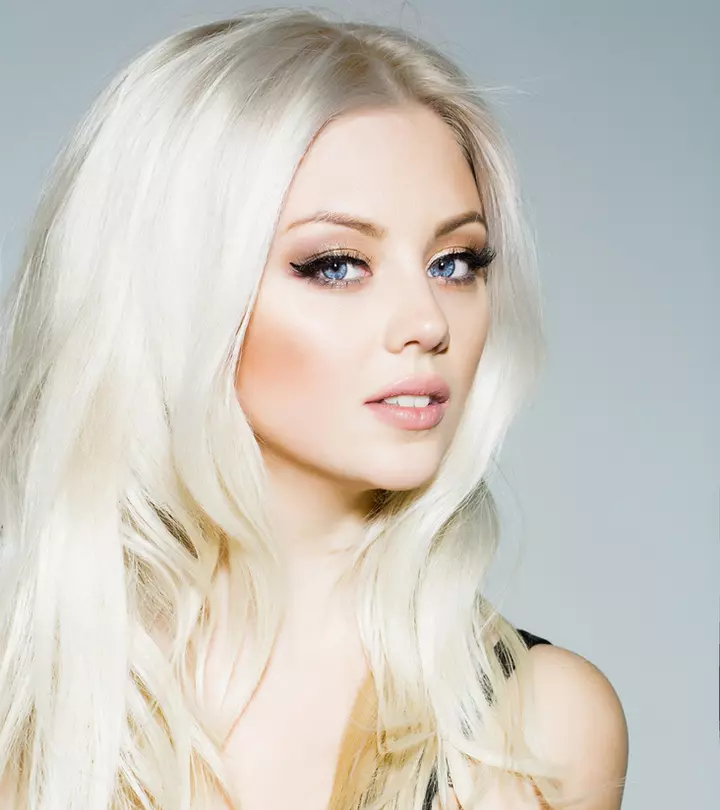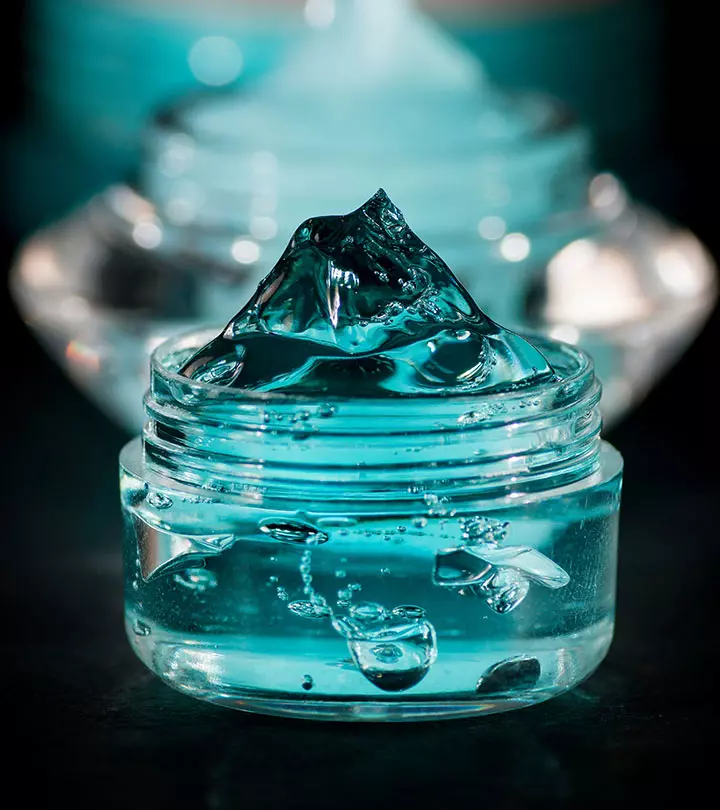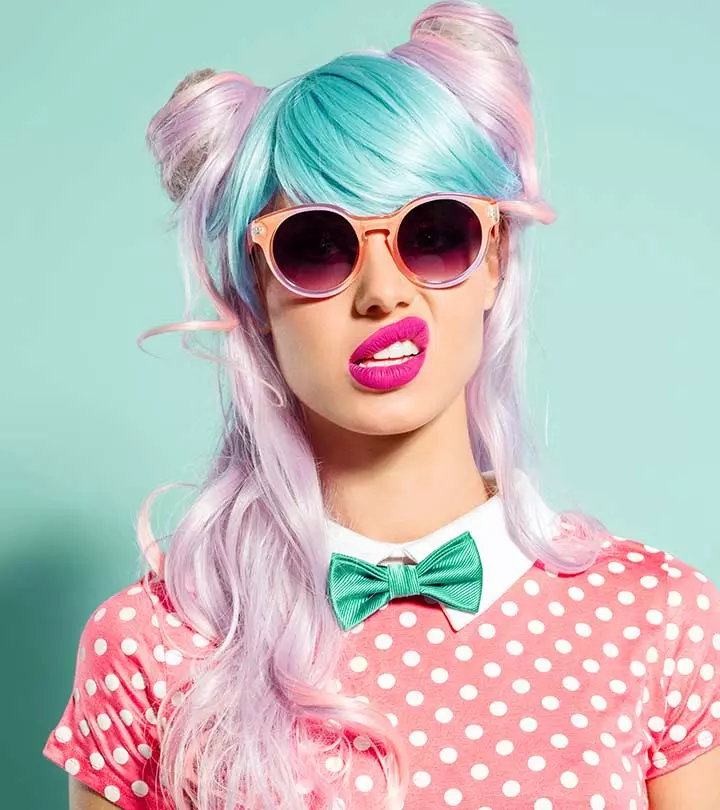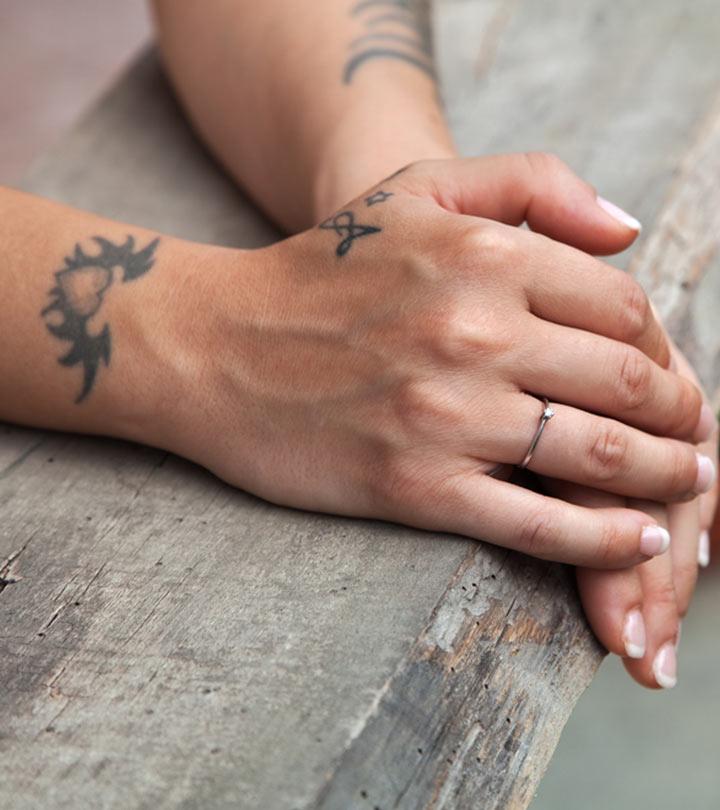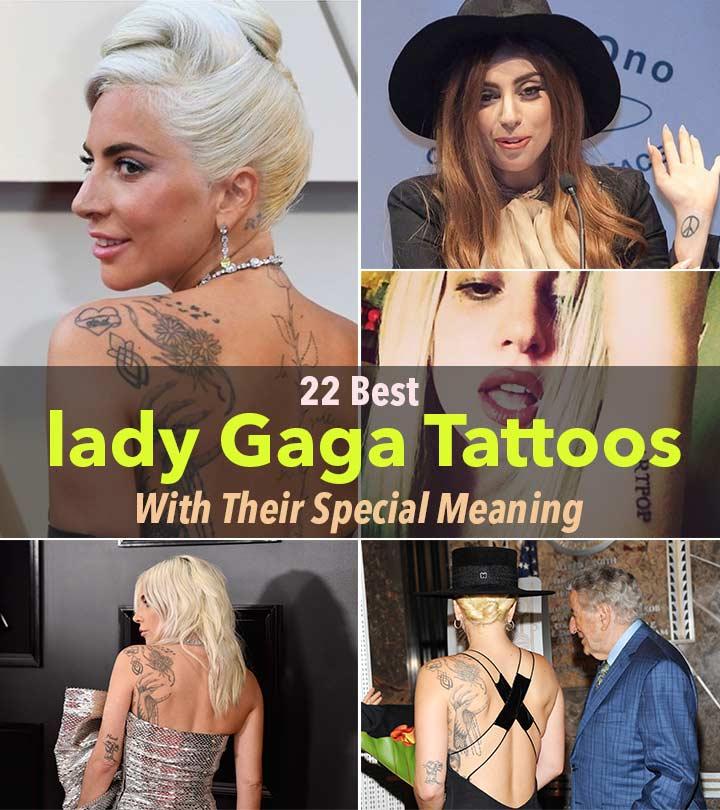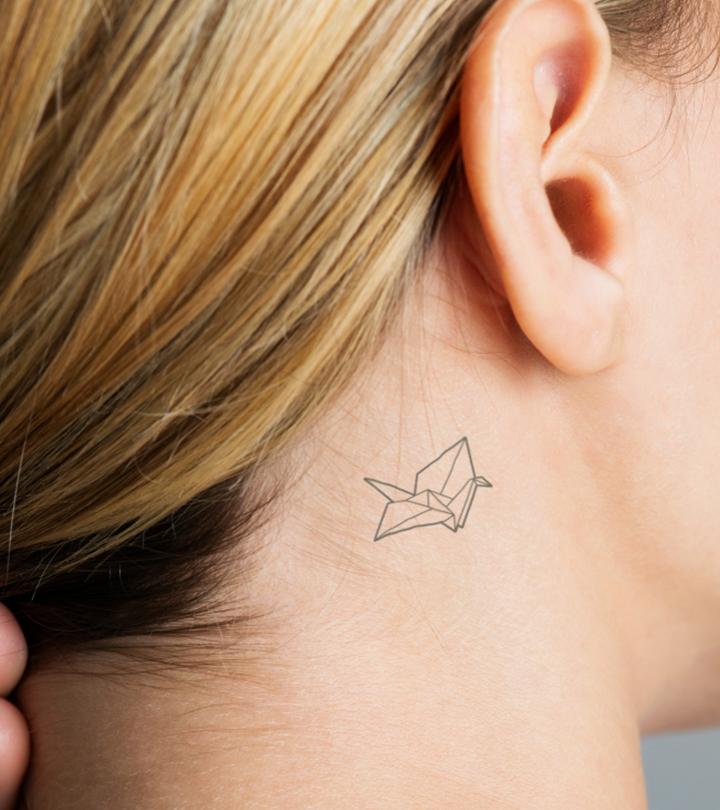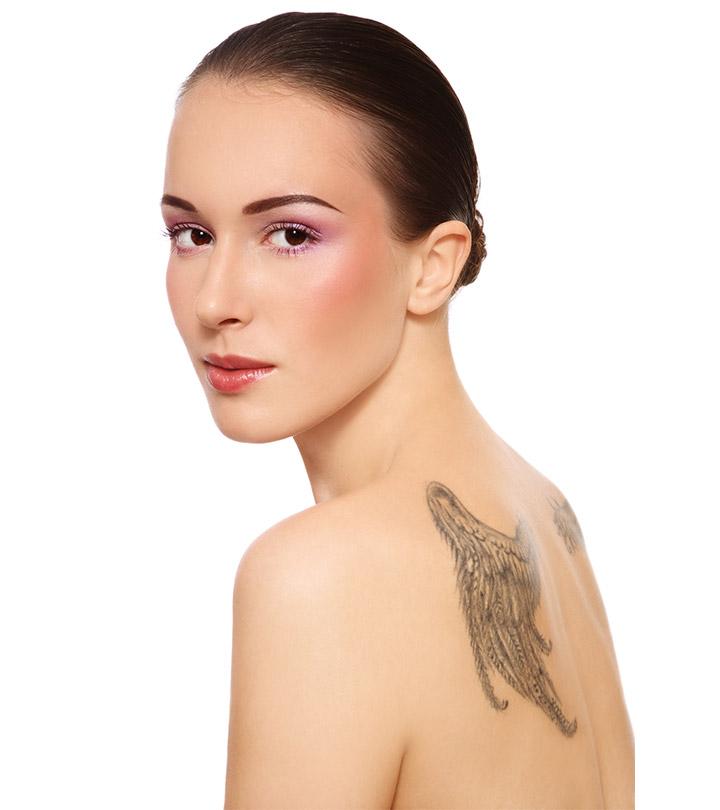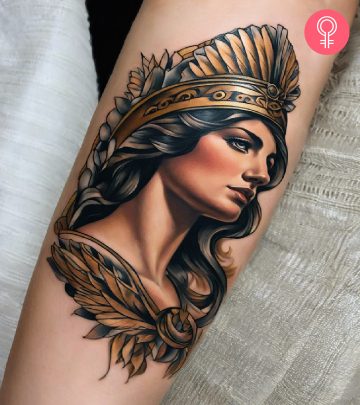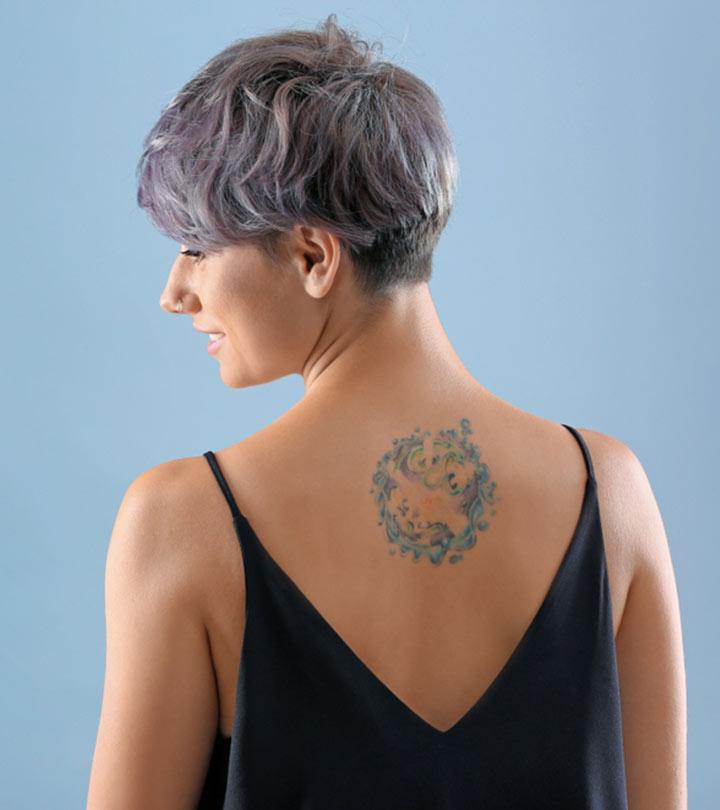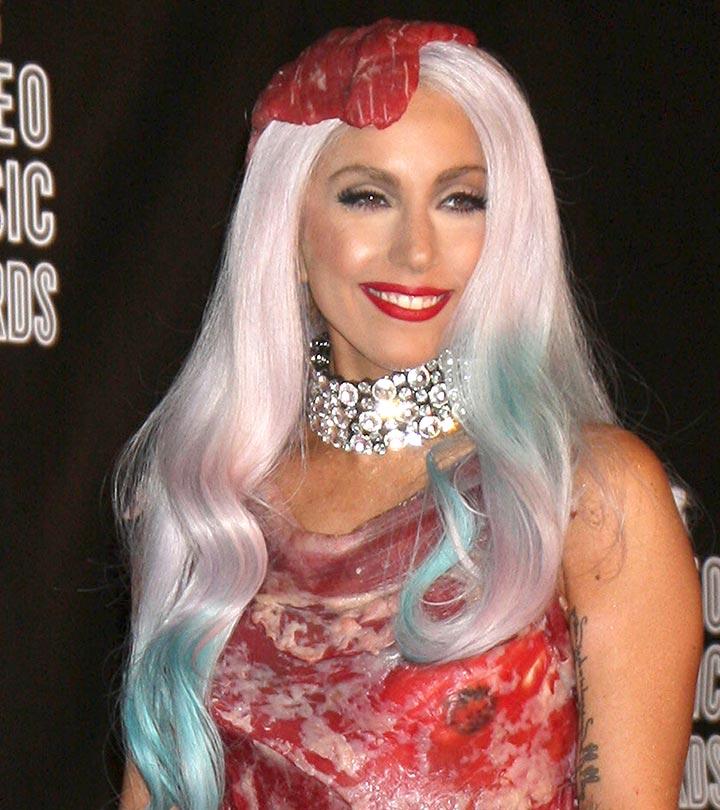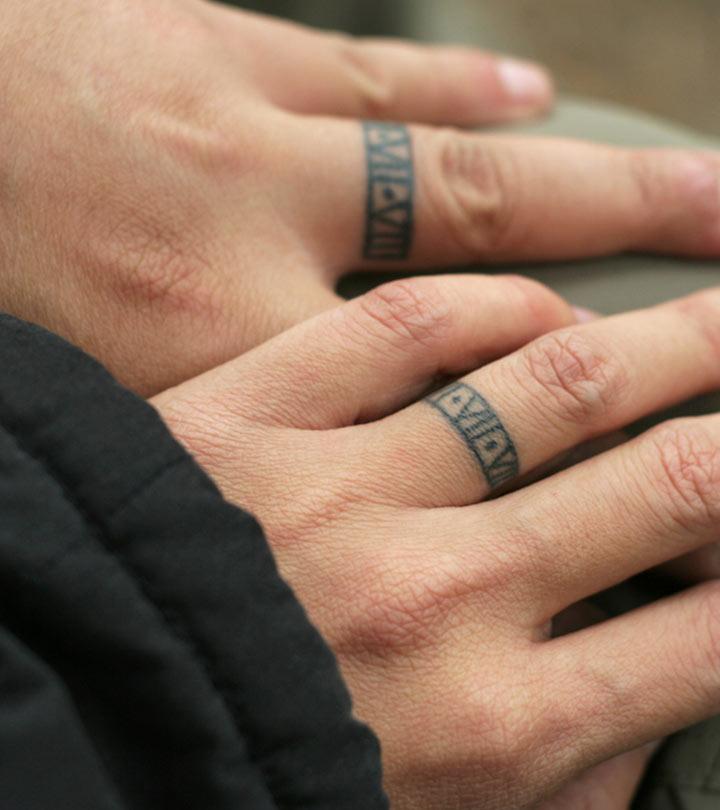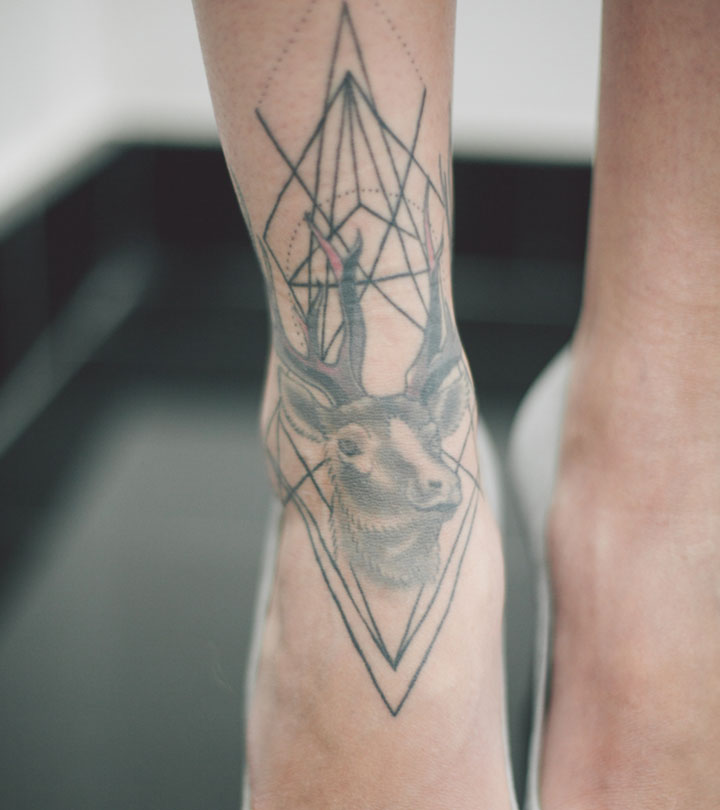Does Aging Affect Your Hair? Here Is What You Can Do About It
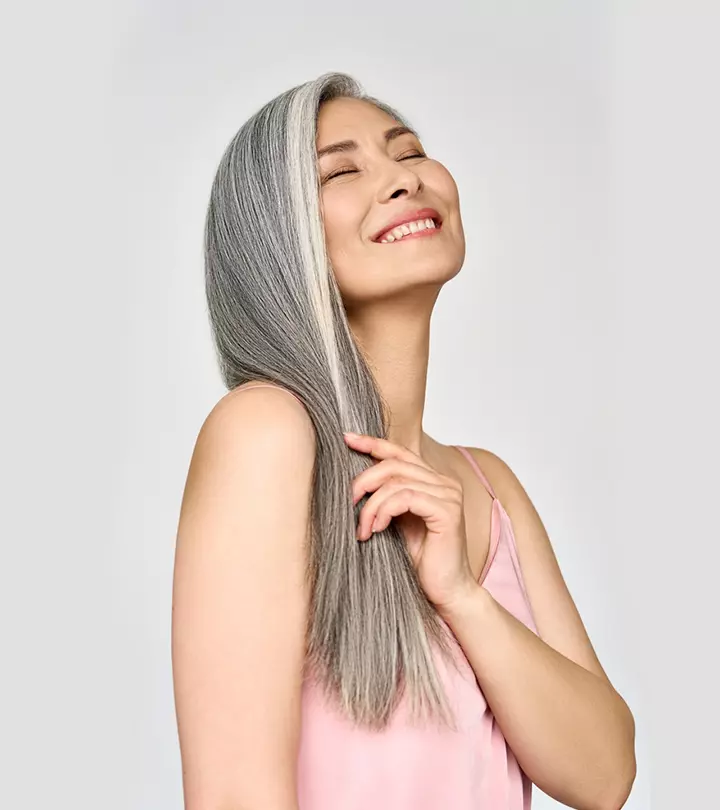
Image: Shutterstock
As time passes, one of the most visible signs of aging becomes our hair. The obvious transformations our hair undergoes as we age are more than just a cosmetic concern. They often reflect changes in our bodies and overall health. Understanding the effects of aging on hair and the strategies to manage these changes becomes crucial as we grow older. Read on for some helpful tips to overcome this change.
In This Article
1. The Aging Process And Your Hair
Hair experiences a multitude of changes throughout our lives. As we age, several factors contribute to alterations in the quality, texture, and quantity of our hair. The primary culprit behind these changes is the natural aging process, which impacts the hair follicles’ function.
2. Changes In Hair Structure
One of the most noticeable changes is the graying of hair. The pigment-producing cells within hair follicles gradually decrease in activity, resulting in less melanin production, causing the hair to lose its color. Additionally, the structure of the hair shaft may alter, making it thinner, finer, and more prone to breakage.
3. Hair Growth Cycle
Another significant impact of aging on hair is the slowdown in the hair growth cycle. Hair growth becomes slower, leading to reduced thickness and density. The growth phase shortens, and the resting phase lengthens, which means fewer hairs are in the active growth stage at any given time.
4. Changes In Scalp Health
Aging also affects the scalp, leading to changes in oil production and blood circulation. The scalp tends to produce less natural oil, resulting in dryness and potential flakiness. Diminished blood flow to the hair follicles can weaken them, impacting the quality of new hair growth.
Mitigating The Effects Of Aging On Hair
While aging is an inevitable process, there are various approaches to manage and minimize its effects on our hair.
1. Maintain Proper Nutrition
A well-balanced diet rich in essential nutrients plays a pivotal role in maintaining healthy hair. Nutrients like biotin, vitamins A, C, D, and E, along with minerals like zinc and iron, support hair health (1). Incorporating foods such as leafy greens, nuts, eggs, fish, and fruits can also positively impact hair quality.
2. Stay Hydrated
A well-hydrated body reflects on the health of our hair. Drinking adequate water and using hydrating hair care products help combat dryness and maintain scalp health.
3. Be Gentle With Hair Care
As hair becomes more fragile with age, adopting gentle hair care practices becomes crucial. Avoid excessive heat styling and minimize the use of harsh chemicals.
4. Practice Regular Scalp Massage
Stimulating the scalp through regular massage can enhance blood circulation, promoting better nutrient delivery to the hair follicles. This simple practice can support healthier hair growth.
5. Go For A Professional Consultation
Seeking guidance from hair care professionals can provide personalized recommendations. They can suggest specialized treatments, supplements, or medications tailored to address individual concerns.
6. Embrace The Change
Accepting and embracing the natural changes in your hair is an empowering approach. Experimenting with different hairstyles and adapting to new textures can boost confidence and self-acceptance.
7. Consider Accepting Graying Hair
For graying hair, embrace the natural beauty of silver strands. Use shampoos and conditioners formulated for gray hair to prevent yellowing and maintain a vibrant, silvery hue. Experiment with styles that compliment the beauty of gray hair.
8. Use Balanced Products
Use styling products specifically designed for mature hair. Lightweight mousses, creams, or serums can add volume, control frizz, and provide hold without weighing down fine or thinning hair.
9. Go For Protective Styles
Consider protective styles like braids, buns, or updos to minimize friction and reduce stress on the hair. These styles can also be elegant and versatile for various occasions.
10. Go For Regular Trims
Schedule regular trims to maintain the health of mature hair. Trimming eliminates split ends, preventing further damage and promoting healthier growth.
11. Live A Healthy Lifestyle
A balanced diet rich in nutrients and hydration contributes to the health of your hair. Stay hydrated and consume foods rich in vitamins and proteins to support hair health from within.
Styling mature hair involves adapting to its changing needs with care, patience, and the right products. Embrace the natural beauty of aging hair and find styles that enhance its uniqueness while maintaining its health. Aging gracefully involves acknowledging and adapting to the changes that come with it. While the effects of aging on hair are inevitable, proactive measures can significantly impact how we experience this transformation. Ultimately, embracing these changes can be a testament to our experience and self-assurance in every phase of life.


